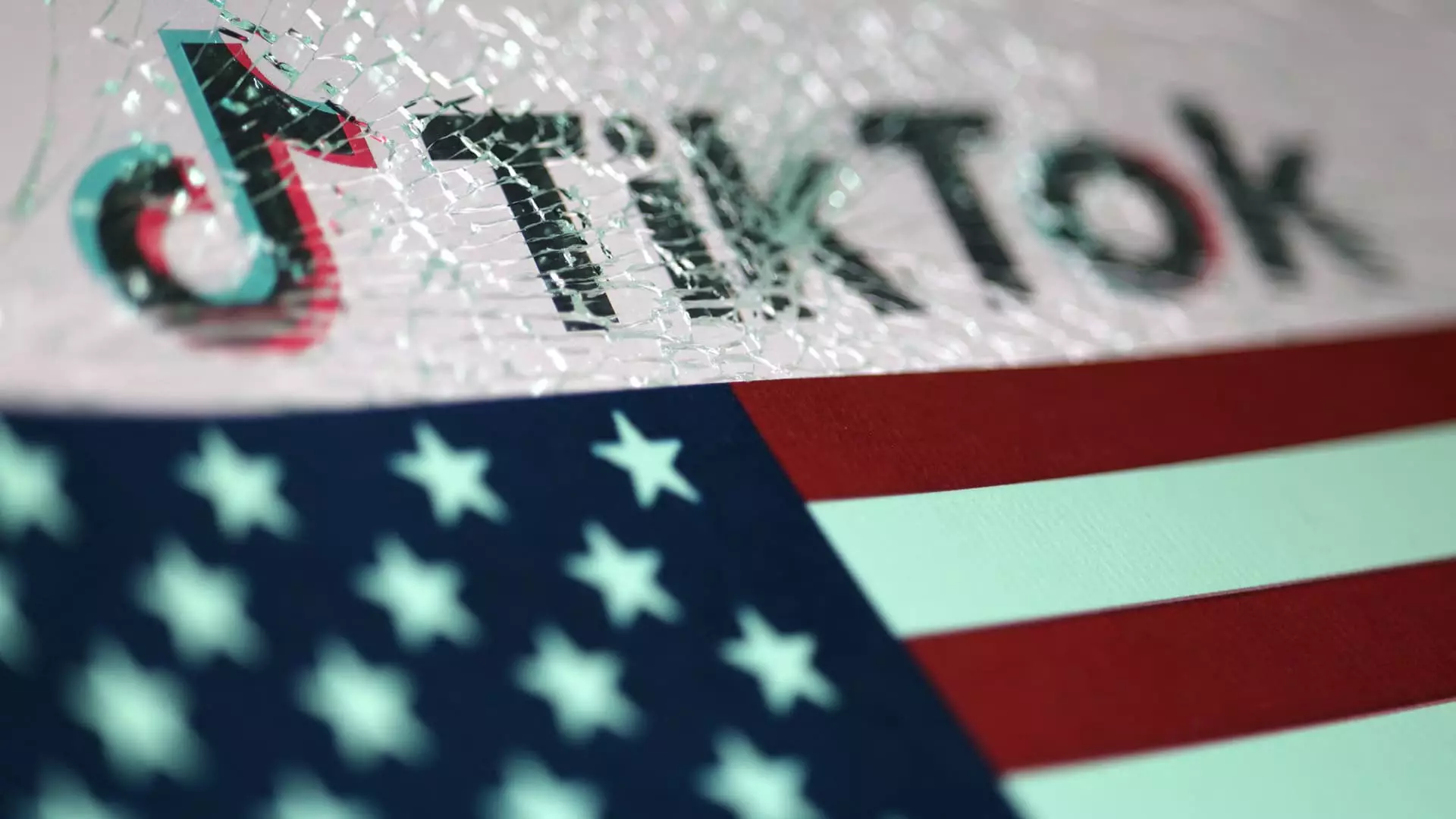Recent developments surrounding TikTok have created a complex juxtaposition of technology, business, and politics. Following President-elect Donald Trump’s announcement that he would sign an executive order to delay a ban on TikTok, the platform briefly reinstated service for U.S. users. This situation reveals the intricate dance between government control and digital service access, magnifying the tension concerning foreign ownership and national security. The President’s statement, delivered through social media, illuminated a critical moment for TikTok, responding to burgeoning fears about data privacy and censorship.
The implications of this executive action are multifaceted. TikTok highlighted its significance to over 170 million American users and the more than 7 million small businesses that rely on its platform for marketing and customer engagement. The statement from the company emphasized the importance of communication between tech companies and government, in which Trump played a central role. By asserting that they would face no penalties for continuing to provide the platform, this scenario effectively blurs the lines of free access and governmental oversight. While TikTok heralds this decision as a “strong stand for the First Amendment,” it raises questions about the balance between security concerns and user freedoms.
The legal ramifications for TikTok’s parent company, ByteDance, are substantial and remain uncertain. Despite an initial temporary pause on the app’s shutdown, the reality of the Supreme Court ruling—which upheld the law banning TikTok—creates an atmosphere of volatility and apprehension. The company has not indicated any willingness to divest itself from its Chinese origins, despite Trump’s proposal for U.S. ownership to “keep it in good hands.” Such a joint venture could theoretically offer a path forward, however, the steadfast refusal by ByteDance to sell hints at deeper issues, including corporate strategy and geopolitical sensitivities.
This discord reflects larger trends in the tech and political landscape, where the boundaries of censorship and corporate control are increasingly being tested. With the enforcement of this ban looming, the stakes are high—not merely for TikTok users but for the very principles of freedom of expression and business innovation in an era of heightened state scrutiny. As public sentiment regarding data safety continues to fluctuate, the question remains: Who truly governs the digital spaces where millions gather daily?
The ongoing tug-of-war between TikTok and U.S. authorities encapsulates a pivotal moment that will undoubtedly shape the future of digital platforms. The balance between ensuring user safety and fostering an open internet is fraught with complexities that demand careful navigation from both policymakers and industry leaders alike. As we stand on the precipice of change, the path forward for TikTok remains a potent symbol of broader tensions within global technology governance.

